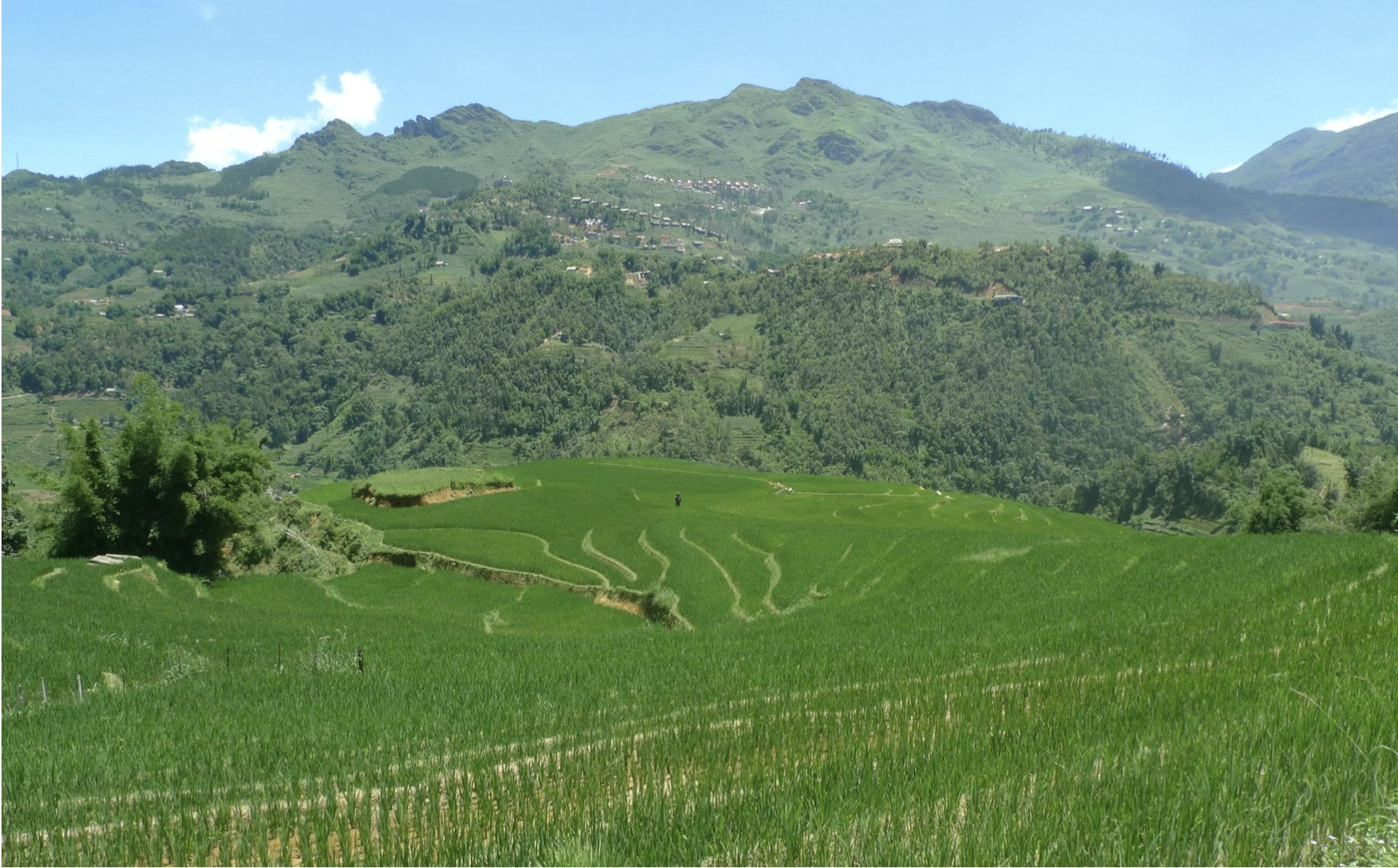Building community: WWOOFing on organic farms

WWOOFing is an international movement where people wanting to learn about organic farming can stay and work on organic properties. The acronym stands for World Wide Opportunities on Organic Farms.
Hosts teach the workers (who work for free) how to do the work; hosts supply food and accommodation.
It’s a great way to travel the world and learn about different cultures while living with locals. And, it’s a great way for property owners to have real work accomplished by dedicated, keenly interested individuals.
And, for several years, WWOOFer hosts have enjoyed having WWOOFer workers here in the Outaouais region.
How did the movement start?
WWOOFing started in 1971 in England. Sue Coppard, a secretary working in London, wanted to learn about country life and the organic movement. That autumn, she worked at a farm in Sussex for a weekend: the rest is history, because her experience spawned the movement.
Coppard’s vision spread to Australia and New Zealand, coming to Canada in 1985. Today there are more than 132 countries involved, so you can WWOOF around the world in Africa, the Americas, Asia-Pacific, Europe, and the Middle East.
WWOOF Canada
WWOOF Canada belongs to the Federation of WWOOF Organizations. WWOOF Canada’s mission statement is “part of a worldwide movement linking visitors with organic farmers and growers to promote cultural and educational experiences based on trust and non-monetary exchange, thereby helping to build a sustainable global community.” (https://wwoof.ca)
This year there are 857 organic farms and gardens across Canada.
The need
When I look about my hobby farm near Quyon, I see so much work to be done. And although I thoroughly enjoy working here along with my husband Eric, our projects rather have a way of growing. Plus, we’re adventurous and curious, so we often find ourselves expanding our orchard, prepping a new bed, and so on.
However, as anyone working the land knows, raised beds through to fences need renovating or replacement; gardens require weeding, management, and harvesting; and there are always new techniques and one’s own growing knowledge and enthusiasm for experimentation to put into practice.
Moreover, organic gardening sometimes seems overwhelming because it is intensive. Because we don’t use pesticides and herbicides, crops need to be carefully tended by hand.
What better way to get some real assistance than to offer people who wish to learn about country life, sustainable living, and Canada a place in one’s home?
What’s expected?
Are you interested in being a WWOOFer host? First, thoroughly research the Canadian website (https://wwoof.ca). Hosts apply and the process is thorough, just as you’d expect. Check out how to register, how to define your property and the work you will offer guests. You will need references to vouch that you operate an organic farm (it does not need to be certified).
Hosts offer 4-5 hours of work, room and board to the WWOOFer worker. No money is exchanged: truly, this is a learning experience where visitors to your property will spend time with you, learning about your sustainable practices. They are not “slaves”: hosts are expected to work alongside and be part of the learning experience. Work can involve bees, livestock, orchards, as well as gardens.
Guests are expected to assist in chores around the house, helping to cook, keep their room/bathroom tidy and the like.
If you’re wanting “to WWOOF” and visit WWOOFer hosts, you must register online. Once accepted, you access the host listing, contact a host, make an agreement, and arrange your stay. Some WWOOFer hosts and workers participate in Skype interviews, others coordinate by e-mail. Once a match is made, your combined experience starts as soon as you’re on-site.
The experience
We’ve so far enjoyed one WWOOFer couple from France who worked hard alongside us -- and were great house guests (and conversationalists, too). They planted vegetables, built supports for climbing peas and beans; they learned how to construct raised beds for our vegetable garden and rock edging for perennial gardens. They enjoyed their experience with us so much that they asked to return to us -- which they did -- and now, with a new baby, we’re going to visit them while they’re in Canada. We’re friends.
In other words, the WWOOFing experience can last a lifetime.
Need help in your organic garden? Consider being a WWOOFer host. Want experience in organic, sustainable farming? Become a WWOOFer worker, and travel throughout Quebec, Canada, or the world.
And while we WWOOF, we spread understanding of and curiosity in other cultures, and in learning how to live just a bit more lightly on this world of ours which we share.
Photo: Alana Repstock
continue reading





